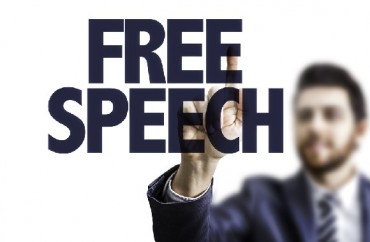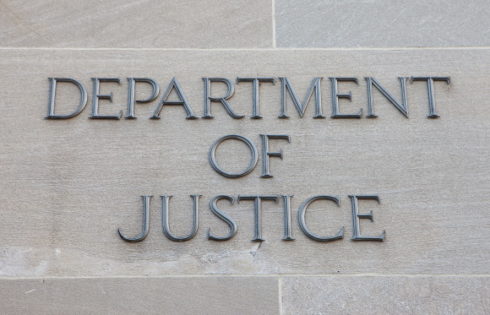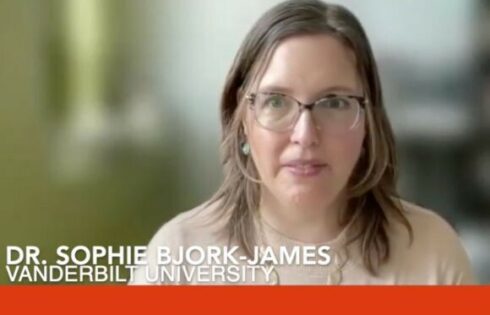
Yesterday, National Review’s Stanley Kurtz laid out a detailed plan by which American colleges can reaffirm what is supposed to be their central mission — “liberty of thought and discussion.”
Noting that while that the main “power” recent campus protesters enjoy is their intimidation factor, Kurtz says the “public outside of the universities — liberals and conservatives alike — continues to uphold the ideal of intellectual freedom.”
And this is how action can be taken.
“The most powerful way to activate that support is by way of state university systems. State legislatures have the ability to establish and reinforce the core values of their respective university systems, and any such initiatives would have consequences far beyond public institutions,” he writes.
Yale’s 1974 Woodward Report is the model colleges should follow, Kurtz continues. It “ensur[es] intellectual freedom in the pursuit of knowledge as the primary obligation of a university,” and “rejects the proposition that members of an academic community are entitled to suppress speech they regard as offensive.”
Second: Colleges and universities need to systematically educate members of their community in the principles of free expression. The central theme of freshman orientation, for example, ought to turn around the primacy of free speech. Many colleges and universities now assign incoming freshman a “common reading” to complete over the summer before entering school. During freshman year, colleges organize seminars and guest-lectures around that reading. The National Association of Scholars has reported on the thin and tendentious nature of many common reading selections, and I have commented on their politicization. As an antidote to such problems, colleges should consider assigning John Stuart Mill’s On Liberty as a common reading for entering freshmen […]
Third: “A university administration’s responsibility for assuring free expression imposes further obligations: it must act firmly when a speech is disrupted or when disruption is attempted; it must undertake to identify disruptors, and it must make known its intentions to do so beforehand.”
[The above passage is from Yale’s Woodward Report. Although the Woodward Report is official university policy at Yale, some of its central recommendations are apparently not being taken seriously …]
Fourth: College and university trustees must monitor administrators to ensure that they promote and defend freedom of expression. Thomas D. Klingenstein, chairman of the board of the Claremont Institute, recently suggested that college and university trustees establish a board-level standing committee on free expression (COFE), and provide that committee with staff and considerable independence […]
Fifth: Colleges and universities ought to adopt policies on institutional political neutrality based on the University of Chicago’s Kalven Committee Report of 1967. The Kalven Report explains that the ability of a university to foster political dissent and criticism by faculty and students actually depends upon the political neutrality of the institution itself. The principles of academic freedom and institutional neutrality embodied in the Kalven Report are the surest antidote to demands that universities divest themselves of stock in fossil-fuel providers, Israeli companies, and other political targets […]
Like The College Fix on Facebook / Follow us on Twitter
IMAGE: Shutterstock





Please join the conversation about our stories on Facebook, Twitter, Instagram, Reddit, MeWe, Rumble, Gab, Minds and Gettr.